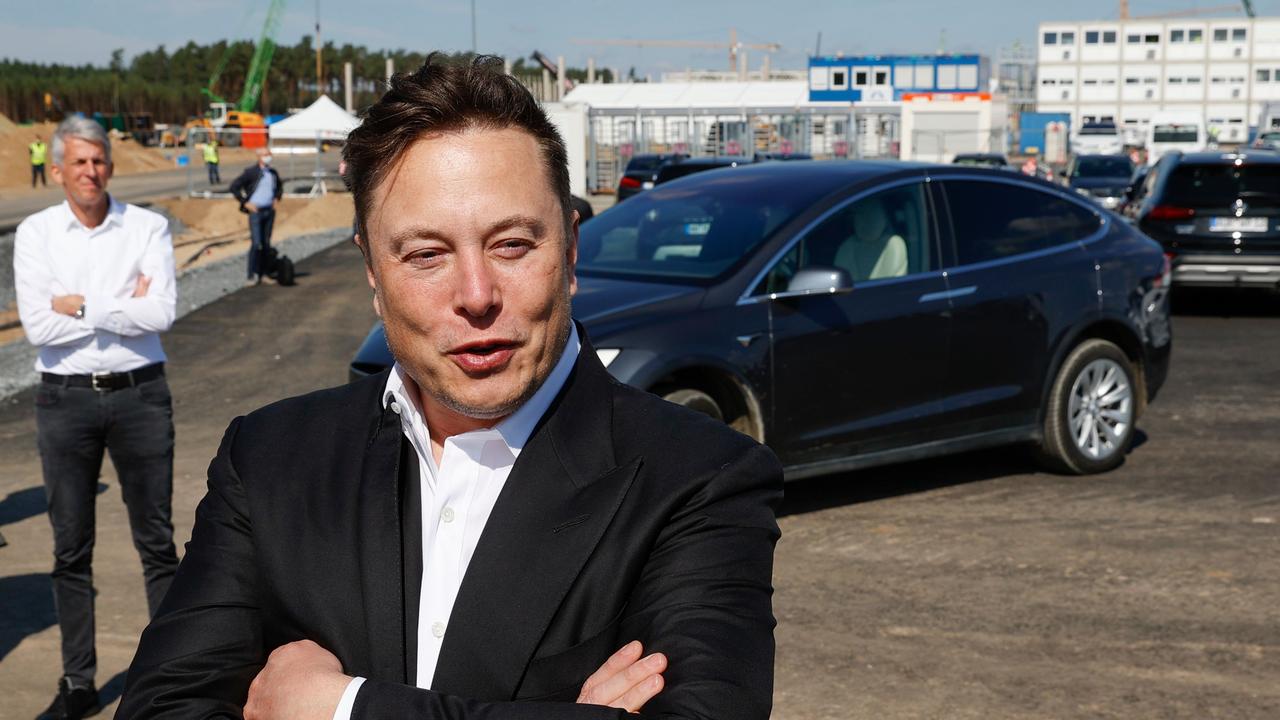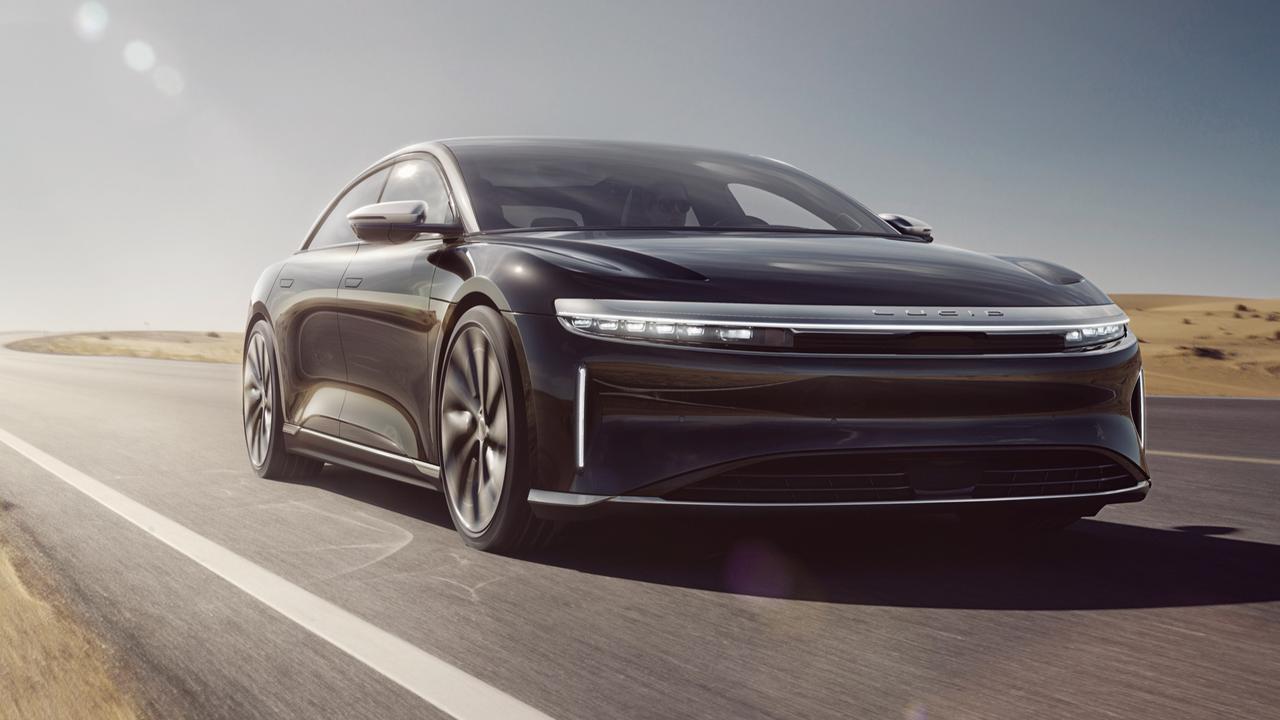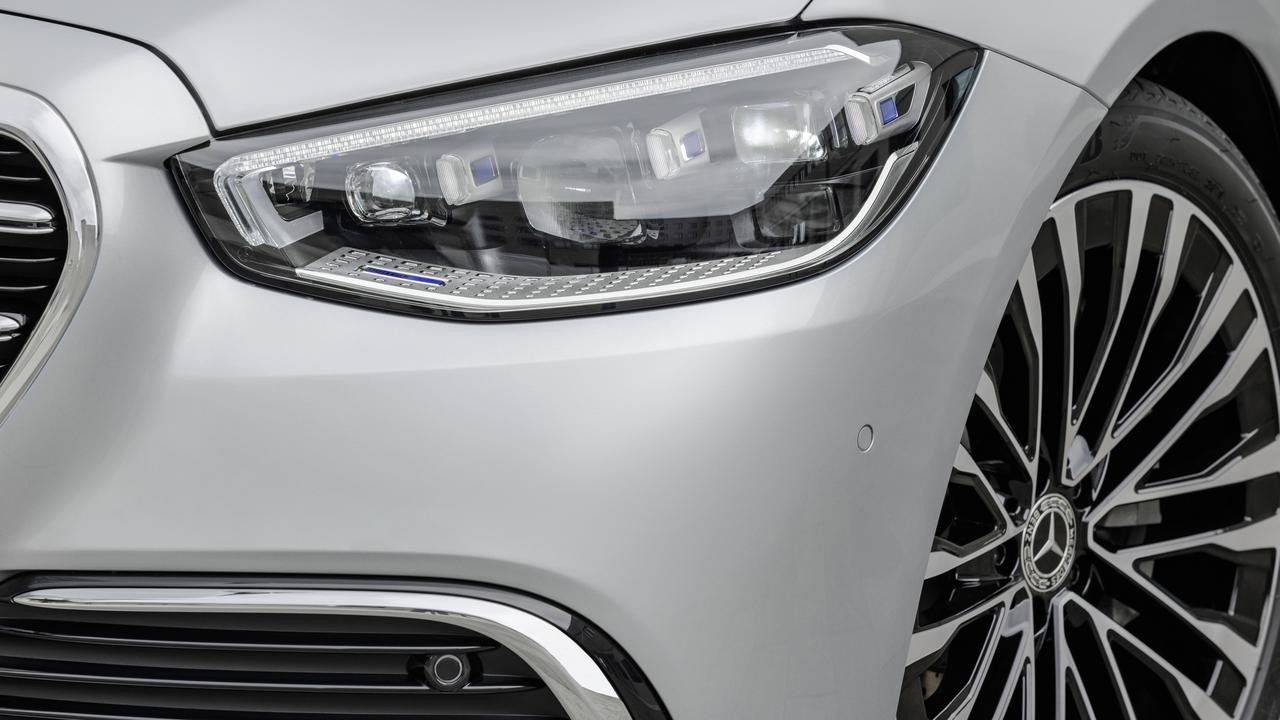Toyota, Honda develop cars that can read their owners’ emotions
CAR makers are using artificial intelligence to monitor driver behaviour.
THE automotive industry is developing “intelligent” cars that can pick up on human emotions and react to them.
Toyota and Honda are showcasing the next iteration of artificial intelligence for cars at this week’s Tokyo motor show.
The pair’s concept cars can pick up when a driver is angry, confused, distracted or tired.
Honda’s NeuV can assess its driver’s stress levels by analysing facial expressions and voice tones and provide suggestions for coping with different situations. It can also loan itself out, with its owner’s permission, when it’s not being used.
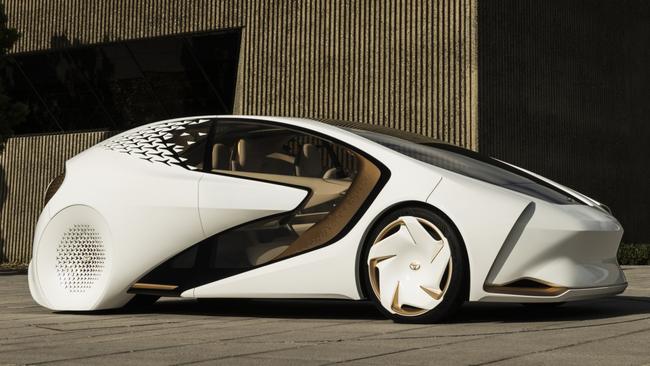
The Toyota Concept-i also reads facial expressions and voice tones but takes it a step further by monitoring body language.
By using the three parameters it can pinpoint a range of emotions from happy to neutral, irritated, nervous or tired.
The concept car then tries to change the mood of the driver via various sensory inputs into the cabin, including scents, lighting, airconditioning and seat movement.

If the driver rubs their eyes or stretches their neck, the car can pick up the early signs of fatigue and combat them.
The technology could also eventually allow a car to learn about its drivers’ interests and start conversations on relevant topics.
The two concept cars highlighted a burgeoning technological revolution in the automotive industry, partly prompted by competition from tech giants including Apple and Google, who have both dabbled in developing autonomous vehicles.
The growing hype surrounding Silicon Valley electric car maker Tesla has also focused the industry’s mind on alternative technology, including plug-in and fuel-cell vehicles.
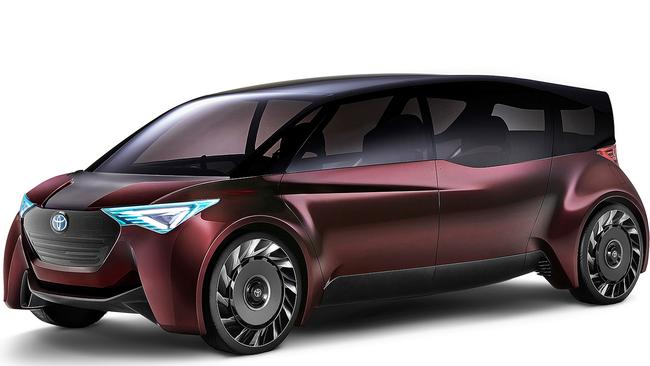
Toyota’s other attraction at the show was a fuel-cell powered luxury concept car the company claims can crack 100km/h in a sports car-like 5.4 secs while still delivering 1000km of range.
The party trick is you can drive it facing backwards, as the six-seater concept will do the driving for you while you swivel your seat to face your passengers.
While there are no dates for a production-ready version, the concept shows that Toyota remains committed to hydrogen-powered cars as a long-term solution to the world’s energy needs.
But despite the forward thinking, the show still had time for old-fashioned sports cars. Subaru’s Viziv hints at the next generation WRX, while Honda unveiled an electric-powered sports car aimed at capturing the glory days of the Integra and Prelude.

